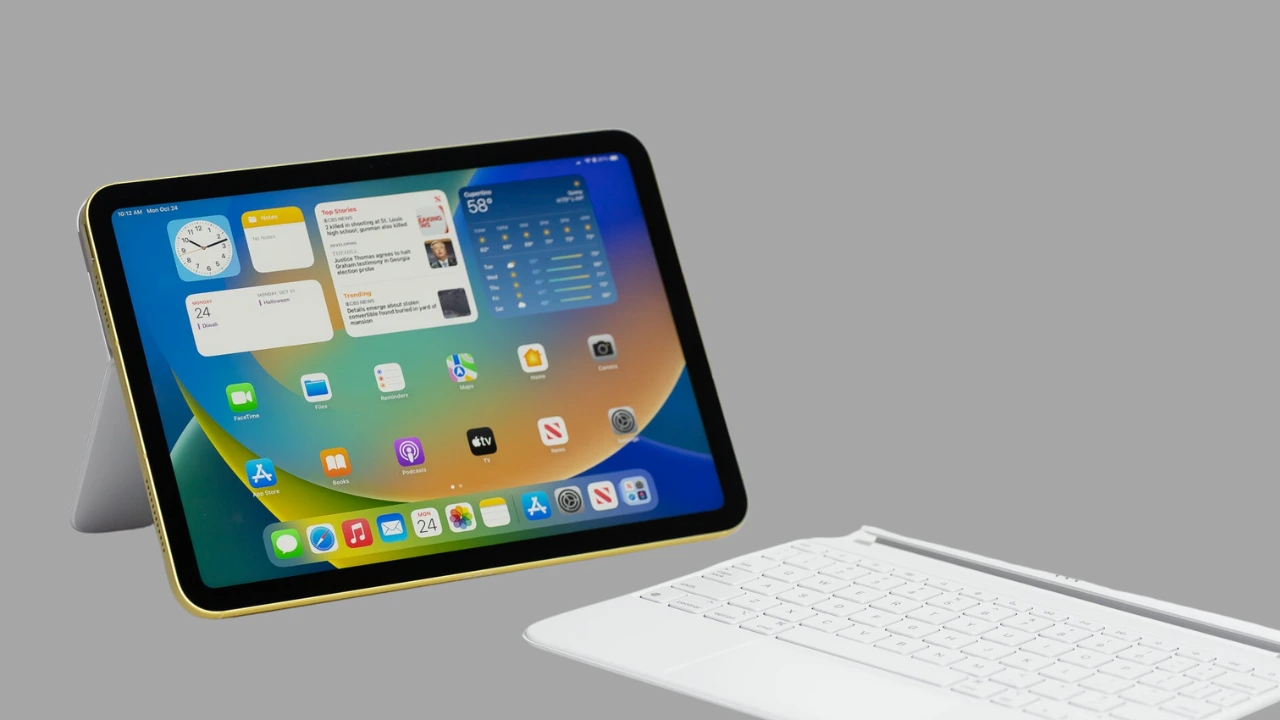In a landmark move, Apple is set to allow third-party app stores on its iPad devices in the European Union starting on September 16. This change comes with the release of the new iPadOS 18 and is in response to the European Union’s Digital Markets Act (DMA), aimed at promoting fairness and competition in the tech industry.
Why This Is Happening: The Digital Markets Act
The Digital Markets Act, enforced by the EU, targets large tech companies it designates as “gatekeepers”—those operating critical platform services that dominate the market. In the case of Apple, this includes its operating systems iOS and iPadOS, its App Store, and its web browser Safari. Although the iPadOS user base fell slightly below the DMA threshold, the EU Commission determined that business users are significantly locked into the iPad ecosystem, justifying the inclusion of iPadOS under the new regulations.
The DMA’s rules push companies like Apple to open their platforms to competition, leading to this significant shift in iPadOS. Apple had six months to make iPadOS compliant with the DMA, and as of September 16, users in the EU will have access to alternative app stores on their iPads.
What’s Changing for iPad Users?
With the launch of iPadOS 18, users in the Europe will be able to:
- Install apps from third-party app stores: For the first time, users will have more flexibility in how they download and install apps, no longer limited to the official Apple App Store.
- Run alternative web browsers: Developers will now be allowed to release browsers for iPads using their own browser engines, as opposed to being forced to use Apple’s WebKit engine.
Examples of Third-Party App Stores on iOS
The changes mirror what has already happened on iPhones in the EU. There are currently five alternative app stores available for iOS, with one example being AltStore PAL, which allows users to download apps like:
Additionally, Epic Games has launched its own alternative app store, making popular games like Fortnite, Rocket League Sideswipe, and Fall Guys available for iPhone users in the EU. Epic has also announced plans to bring these games to iPads once iPadOS 18 is released.
Apple’s Compliance Measures
To maintain control over app security, Apple requires apps in alternative app stores to be notarized for safety before release. Developers also have to agree to updated business terms, including a Core Technology Fee a controversial fee Apple imposes on developers earning above a certain threshold.
What This Means for Developers and Users
For app developers, the opportunity to release their apps outside of Apple’s App Store gives them more flexibility in how they reach users. At the same time, consumers will benefit from greater choice and possibly even lower prices, as competition among app stores increases.
While this change is currently limited to the EU, the shift could set a precedent for similar regulations or practices in other regions.
Conclusion
Starting on September 16, Apple will allow iPad users in the European Union to download apps from third-party app stores, ushering in a new era of competition and choice. This major shift is part of the EU’s effort to level the playing field in the tech industry through the Digital Markets Act, which pushes for more openness in platform ecosystems like iPadOS.





